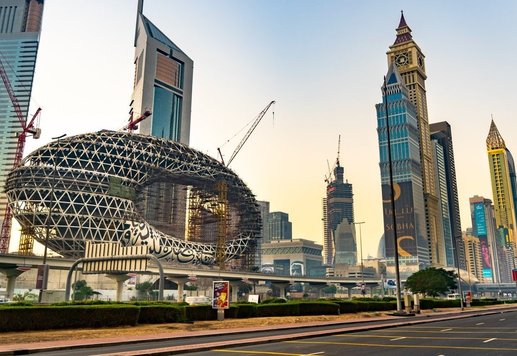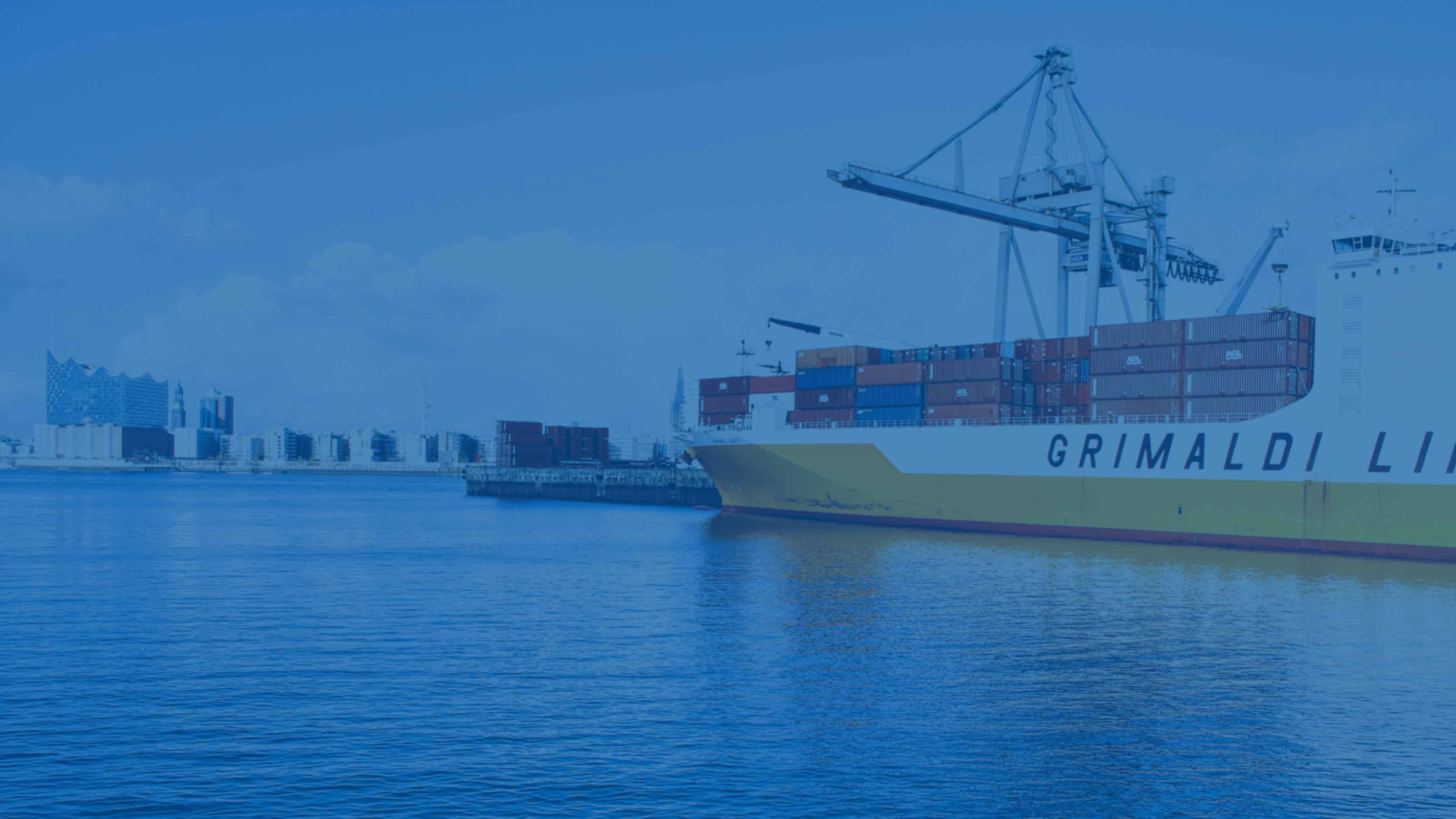Expanding to the GCC as an Indian Startup With ZeoAuto
- In the June edition of our Expanding to the GCC as an Indian Startup webinar series, we asked executives from ZeoAuto and CamCom several questions on their experiences expanding to the UAE and how other Indian startups can follow in their footsteps
The panel included:
🚘 Kshitij Dixit, CEO, Co-Founder, ZeoAuto who founded one of India’s first coworking startups, built Oyo’s data infrastructure, and scaled Zeoauto to 150+ countries in 2 years.
👓 Ajith Nayar, CEO, Co-Founder, CamCom who participated in several Dubai government acceleration programs and started the MENA’s 1st computer vision lab at DTEC
Here are some the key takeaways from the discussion.
What advice would you give early-stage Indian startups looking to expand to the GCC?
Dubai provides a great understanding and reference for the rest of the MENA.
The UAE is a key destination because of its tech adoption and connectivity
- The UAE is an early adopter of cutting-edge technology
- Dubai is great for creating connections which can facilitate MENA expansion
Understanding the market before expanding is critical
- Since the UAE population is small compared to India, expansion for Indian tech has to be rigorously researched before taking the plunge
- It is very useful to have local partners who can guide you through the nuances of the region and help secure access to clients and flagship regional partners
What advice would you give to founders who are looking to raise funding from the GCC and MENA?
Founders should only raise funding if they absolutely need it
Don’t raise funds to chase valuation numbers
- Founders shouldn’t raise funds simply to chase higher valuations
- The primary goal of any business is profitability - not to chase unicorn status
Partner with government incubators / accelerators
- The UAE has many government incubators and accelerators which can provide access to large ecosystem players and initial customers
With the funding slowdown, how bad is it for founders right now?
The age of free-flowing Gulf money is over, and startups raising funds from the GCC need to demonstrate market commitment
Promising products will still get funding
- While the age of securing funding just based on an idea is over, there is still investor appetite for promising technology products
- The glut of money globally was due to governments pumping cash into the economy to stimulate growth and support pandemic recovery
- Now that the government is pulling back funds from the market, we are witnessing second order effects of inflation, high prices, and a VC funding slowdown
How important is it for startups to engage with governments?
It is very important for tech startups to align with government priorities in countries where government is an early adopter of technology – like the UAE
The UAE government is quick to adopt new techno and provide market access
- UAE government incubator and accelerator programs provide access to the ecosystem – they can help with intros to large government entities and private sector conglomerates
What are some of the challenges startups would face when expanding across the MENA?
Founders want to spend time on creating products for the market, not on understanding the MENA’s nuances. Since it is so diverse, the MENA can be challenging for startups to navigate.
The MENA is very diverse and difficult for startups to navigate
- There are different taxation systems in each country which makes expansion difficult
- Startups need to partner with local payment providers, partners, and localize products
- The UAE’s banking system is still cumbersome, and opening business accounts takes an inordinate amount of time
Stronger regional cooperation can make market access easier
- There is little information on the MENA, beyond the UAE, to make ease market entry – what are the differences between freezones / mainland licenses? What taxes are applicable?
- If the GCC, or the wider MENA, comes together to create an economic union or a centralized information repository, it will make it easier for companies to take the plunge to expand
CEPA presents a strong opportunity for Indian founders in the UAE, which areas of opportunity do you see for Indian tech in the MENA region?
The clearest opportunity for Indian tech in the MENA is in the fintech space
GCC banking systems are several years behind India
- The UAE lacks basic fintech products like wallets - few exist, and there are few users
- Banking apps are cumbersome and lack sophistication
Tourism-tech is a big opportunity for Indian startups
- Vision-tech and AI has a lot of scope in the UAE to be applied in the tourism industry
What can the UAE learn from the Indian tech ecosystem and vice-versa?
There are too many GCC incubators and accelerators are fighting for the same market
Specialization and segmentation of tech incubators is key
- The GCC’s tech ecosystem is small, and many incubators are cannibalizing each other
- Tech incubators in India are better segmented
Enterprises need to be nudged to adopt new tech
- Governments in the region, especially UAE, lead tech adoption instead of enterprises
- Large companies and conglomerates need to adopt tech to fuel ecosystem growth
India should make decision makers more accessible like the UAE
- There high visibility and access to GCC decision makers, especially in the UAE, where since they are so eager to adopt promising new technology
- India can learn from the UAE’s accessibility to policy makers to fast-track tech development








































